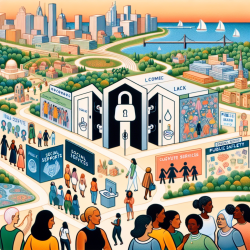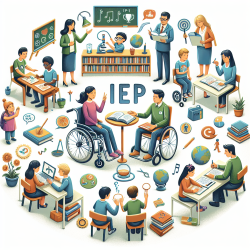Understanding the Impact of Toilet Access on Justice-Involved Women
In the realm of social justice and public health, the study titled Humans peeing: Justice-involved women’s access to toilets in public spaces provides a critical insight into the challenges faced by justice-involved women. This research highlights how limited access to public restrooms affects their daily lives, impacting their engagement with social services, employment, and overall psychosocial outcomes.
Key Findings from the Research
The study conducted focus groups with 58 justice-involved women and a toilet audit in a small U.S. city. The findings revealed that:
- Women had limited access to restrooms, often resorting to urinating outside.
- Public toilet options were perceived as unsafe, increasing vulnerability.
- Access to restrooms was controlled by gatekeepers, often requiring negotiation or purchase.
- Lack of restroom access affected women's ability to travel, work, and engage with social services.
Implications for Practitioners
For practitioners working with justice-involved women, understanding the impact of restroom access is crucial. The study suggests several areas for improvement:
- Advocating for more public restrooms in urban areas to support safe and dignified access for all.
- Encouraging social service agencies to provide unrestricted restroom access to clients.
- Implementing policies that recognize the basic human right to sanitation and privacy.
Encouraging Further Research
This study opens the door for further research into the intersection of public health, social justice, and urban planning. Practitioners are encouraged to explore how improving restroom access can enhance the lives of justice-involved women and contribute to their successful reintegration into society.
To read the original research paper, please follow this link: Humans peeing: Justice-involved women’s access to toilets in public spaces.










